Tinubu seeks to spend N7.3bn on vehicles, First Lady’s Office to get N1.5bn for cars.
Both chambers of Nigeria’s National Assembly have approved President Bola Tinubu’s request for a second reading of a N2.1 trillion supplementary appropriation bill.
The bill, which totals N2,176,791,286,033, aims to address critical national concerns, including labor wage adjustments, security, and various other matters.
Within the proposed supplementary budget, N18 billion is allocated for Statutory Transfers, N992,802,015,985 for recurrent (non-debt) expenditure, and N1,165,989,270,049 for the Development Fund for Capital Expenditure for the year ending on December 31, 2023.
Notable allocations in the bill include N210 billion for wage awards, N400 billion for cash transfers to vulnerable households, and N200 billion for Seed and Agricultural Inputs and equipment. Moreover, N100 billion is designated for projects in Abuja, N604 billion for National Security and Defense, and N300 billion for bridge maintenance across Nigeria. The Ministry of Marine and Blue Economy and other new ministries are to receive N8 billion, and N18 billion is earmarked for the conduct of elections in Kogi, Bayelsa, and Imo States.
One of the prominent features of the supplementary budget is President Tinubu’s proposal to allocate over N7.3 billion for the procurement of vehicles for the State House. Specifically, N2.9 billion is allocated for Sport Utility Vehicles (SUVs) for the Presidential Villa, and another N2.9 billion is budgeted for the replacement of operational pool vehicles. Additionally, N1.5 billion is set aside for the purchase of official vehicles for the Office of the First Lady.
The budget also caters to the renovation of the president’s residential quarters with N4 billion, the Dodan Barracks (the official residence of the president in Lagos) with another N4 billion, and the Aguda House with N2.5 billion. Furthermore, N3 billion is allocated for the renovation of the official quarters of the vice president in Lagos, while N200 million is set aside for the computerization and digitalization of the State House.
To facilitate the passage of this bill, the red and green chambers adjusted their standing orders to accommodate both the first and second readings. Senate President Godswill Akpabio and Rt. Hon Tajudeen Abass presented the official communication accompanying the bill from the President.
Senate Leader Opeyemi Bamidele and the Majority Leader of the House, Hon. Julius Ihonbvere, emphasized that the present administration is responding to the people’s needs, making this budget particularly relevant.
In contrast, the Minority Whip, Hon. Ali Isa, expressed concern about the implementation of the 2023 Appropriation Act. Deputy Speaker Hon. Benjamin Kalu commended the federal government for its proactive approach, noting the need for dynamic policies to address current challenges.
Senators also voiced their support for the supplementary budget, highlighting its importance in addressing immediate national concerns, particularly in the areas of security, agriculture, and infrastructure. They emphasized the necessity of allocating funds to meet the demands of security agencies and oversee the implementation of projects and loans. In conclusion, Senate President Godswill Akpabio commended President Tinubu for introducing the supplementary bill to address pressing issues in the country, such as inflation, the workforce, student support, and decaying infrastructure.


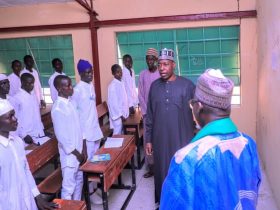

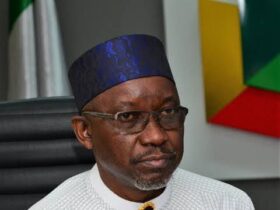
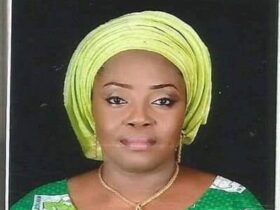
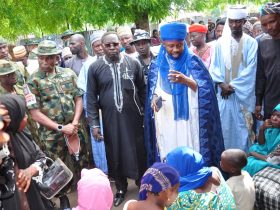
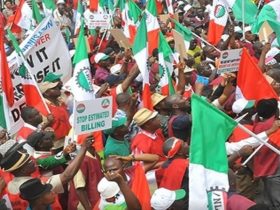

Leave a Reply